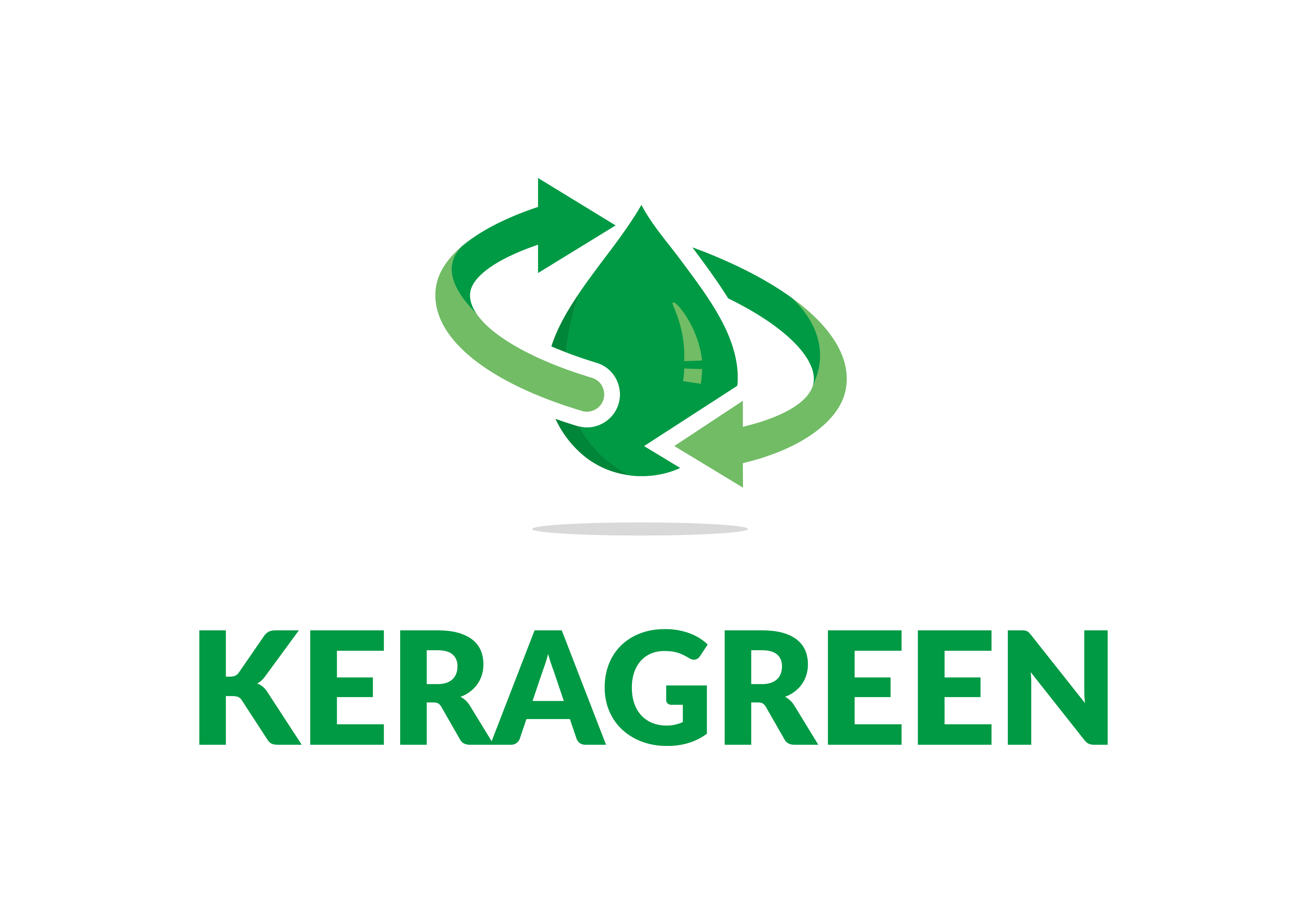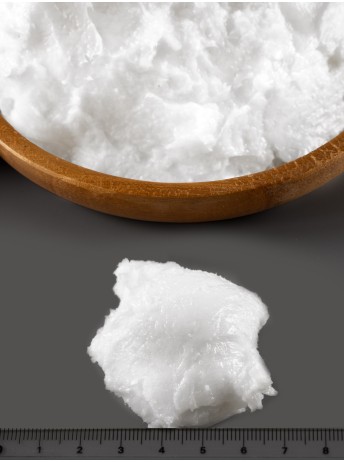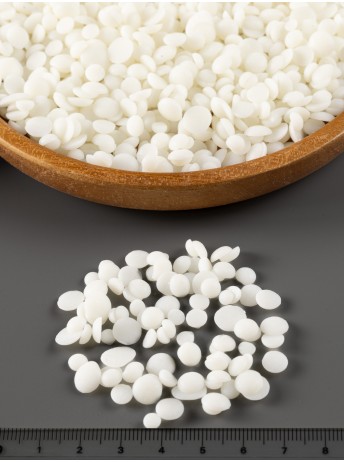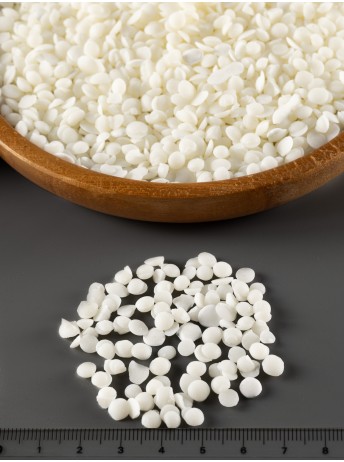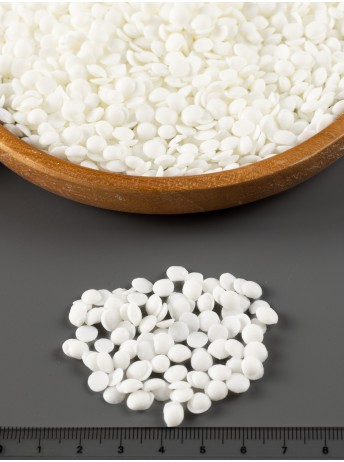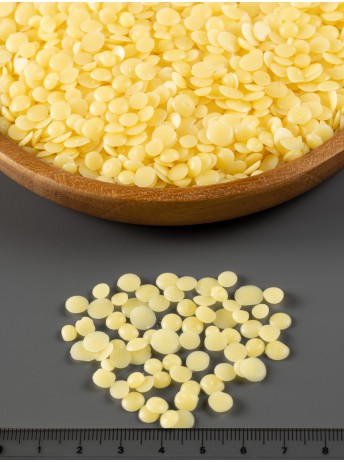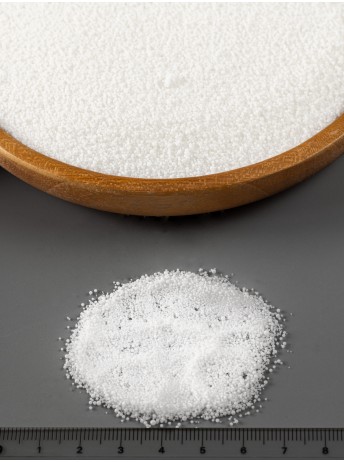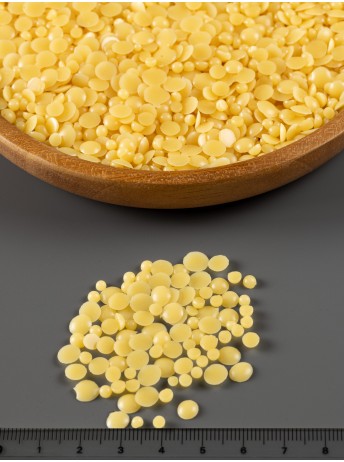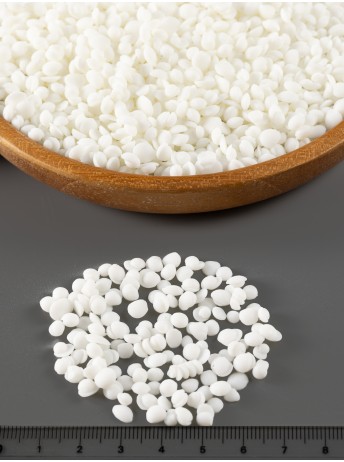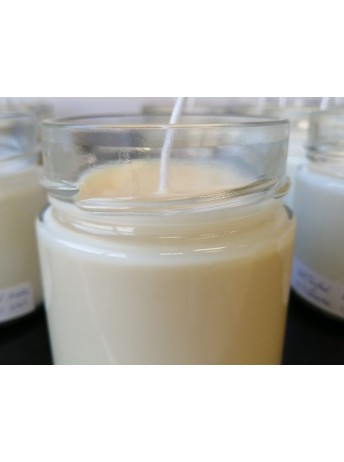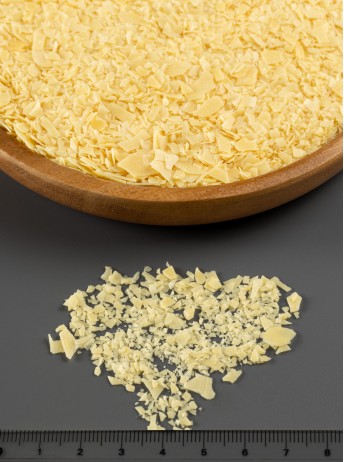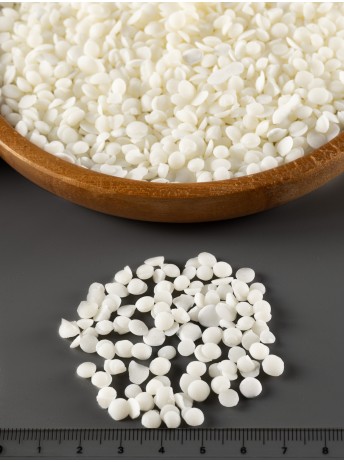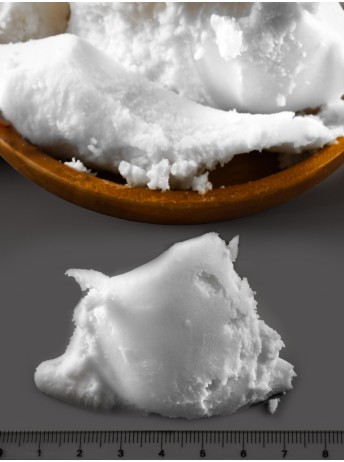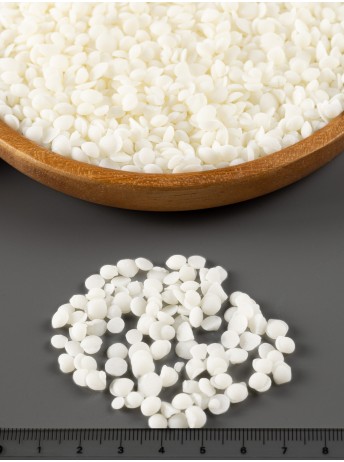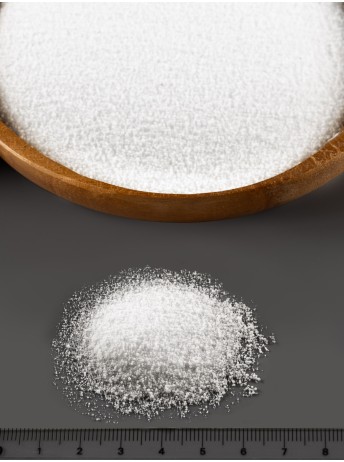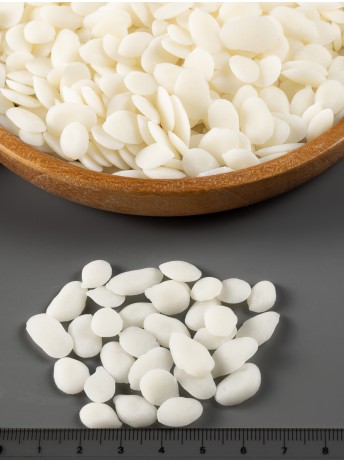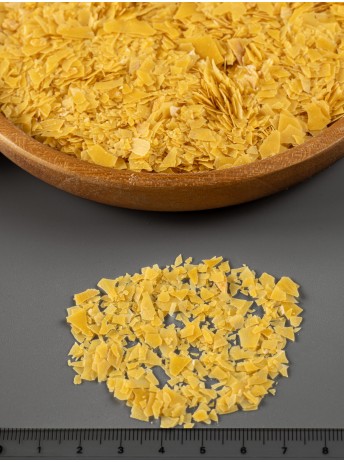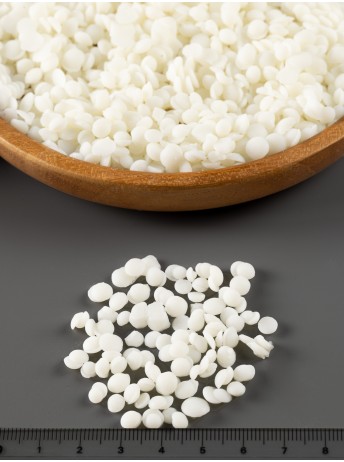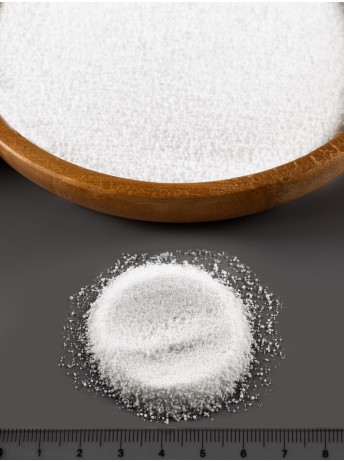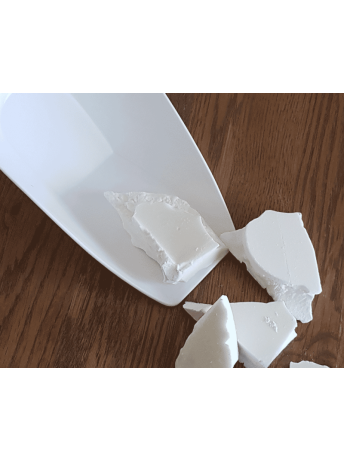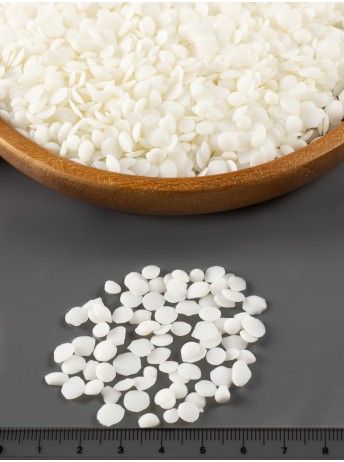Plant-based waxes
Vegetable waxes are natural waxes: substances produced naturally by plants. We supply professionals with all types of vegetable waxes, and of course soy wax, which is the most commonly used wax in a wide range of sectors.
Filters
Menu
Log in or create your account to see the rates
€180.13
Log in or create your account to see the rates
€123.79
Log in or create your account to see the rates
€175.26
Log in or create your account to see the rates
€87.50
Log in or create your account to see the rates
€125.05
Log in or create your account to see the rates
€146.02
Log in or create your account to see the rates
€87.61
Log in or create your account to see the rates
€180.13
Log in or create your account to see the rates
€129.47
Log in or create your account to see the rates
€123.29
Log in or create your account to see the rates
€129.47
Log in or create your account to see the rates
€135.91
A little chemistry: waxes explained
Natural plant and animal waxes belong to a group of compounds known as cerides, which are a subset of a larger group of substances known as lipids; they are esters of fatty acids and fatty alcohols.
Natural fatty acids are saturated or unsaturated, straight-chain carboxylic acids, the most important of which contain from 12 to 22 carbon atoms in even numbers.
Several factors characterize natural waxes and provide information on their composition:
Acid value: reflects the quantity of free acids in the wax; it's the mass of potash (Potassium Hydroxide (KOH) in mg fixed cold by 1g of this wax. This index provides information on the acidity of the wax, which can have an impact on the surface on which it is applied.
Saponification number and ester number : The saponification index is the mass (in mg) of KOH required to saponify 1g of hot fat. The difference between the saponification number and the acid number gives the ester number, which indicates the importance of esters in wax composition.
Iodine number: this is the mass of halogen expressed in grams, calculated as I2 attached to the double bonds of 100g of wax. It determines the wax's degree of unsaturation, i.e. the number of carbon-carbon double bonds in the fatty acid and fatty alcohol chains of which it is composed.
Soy, rapeseed, coconut, palm and sunflower waxes are vegetable waxes derived from the hydrogenation of natural vegetable oils.
Hydrogenation is a chemical reaction involving the addition of a molecule of dihydrogen (H2) to another compound. This reaction is usually used to reduce or saturate organic compounds. It generally requires catalysis, as reactions without catalysis require very high temperatures.


